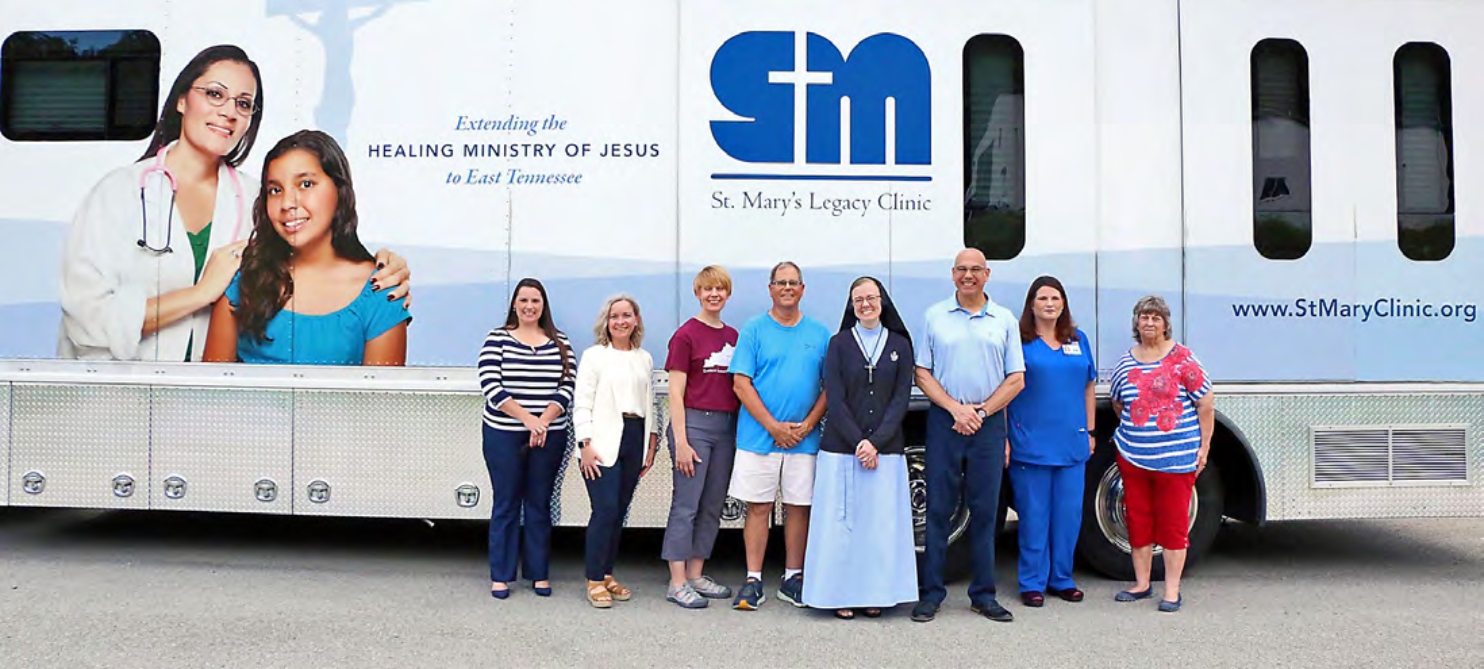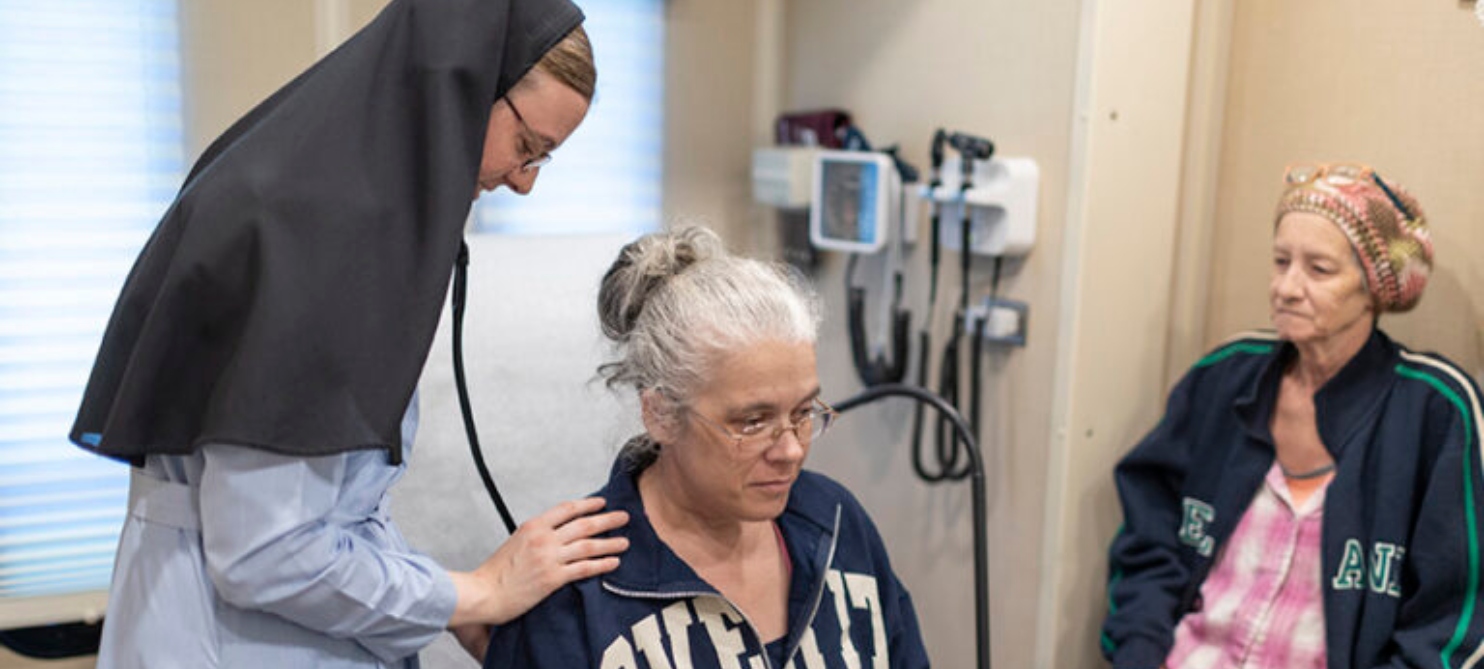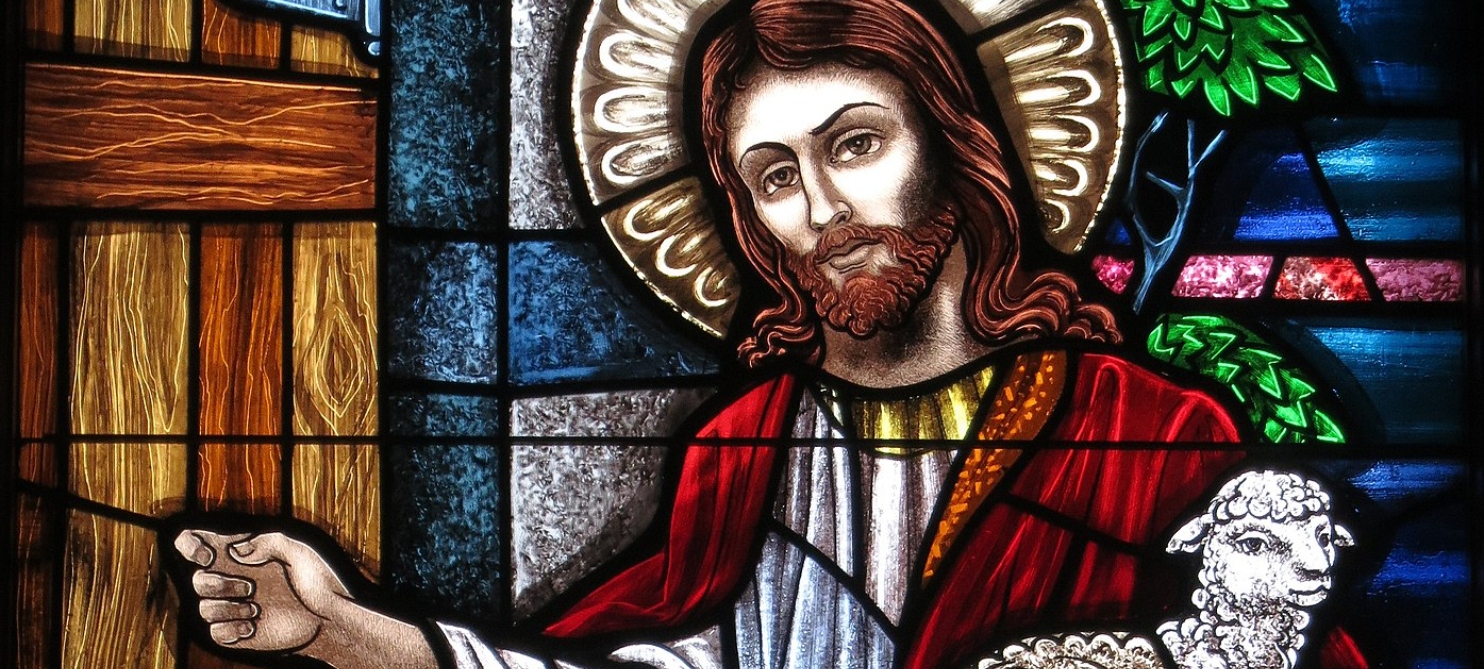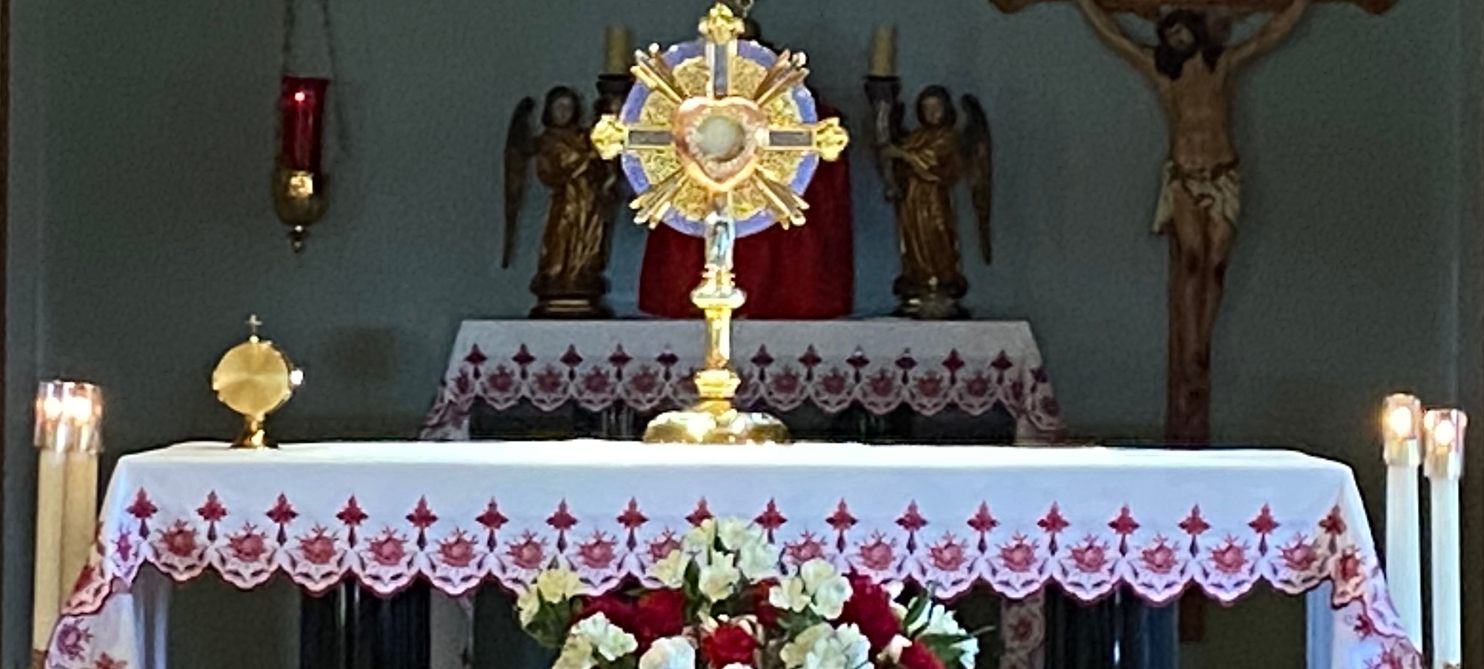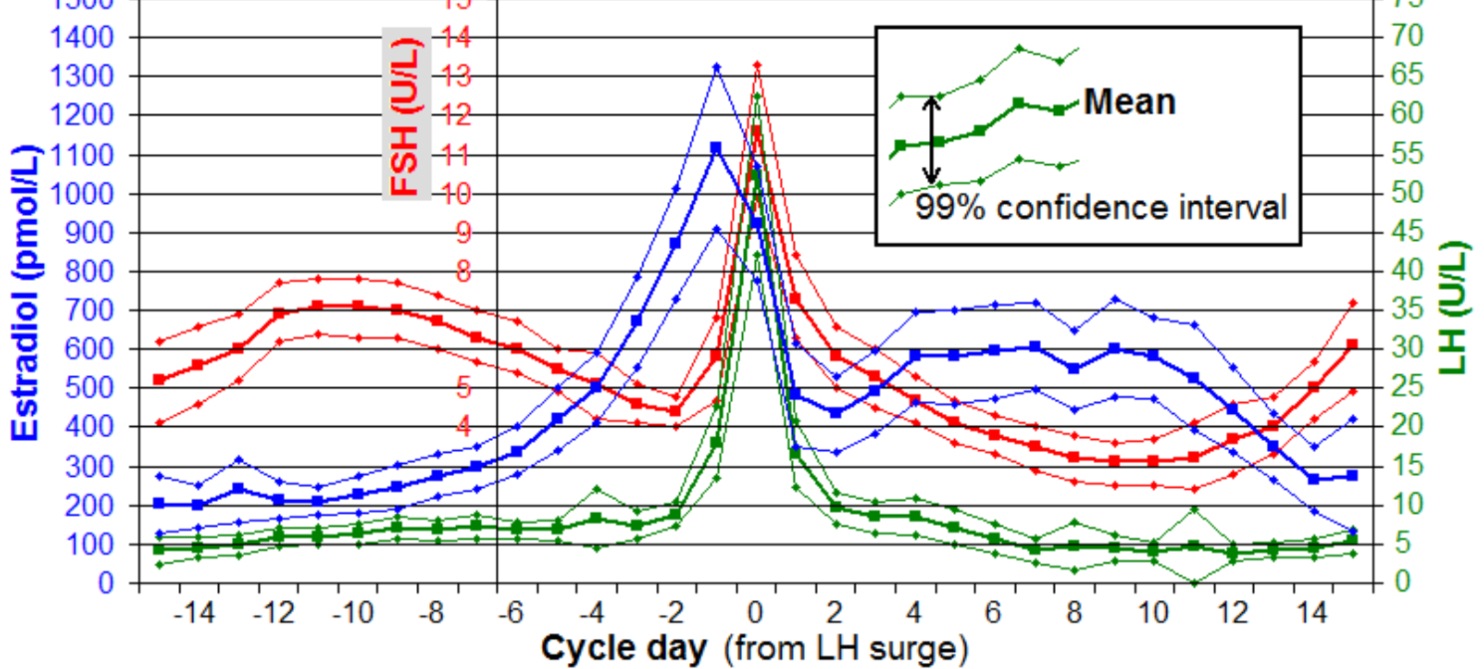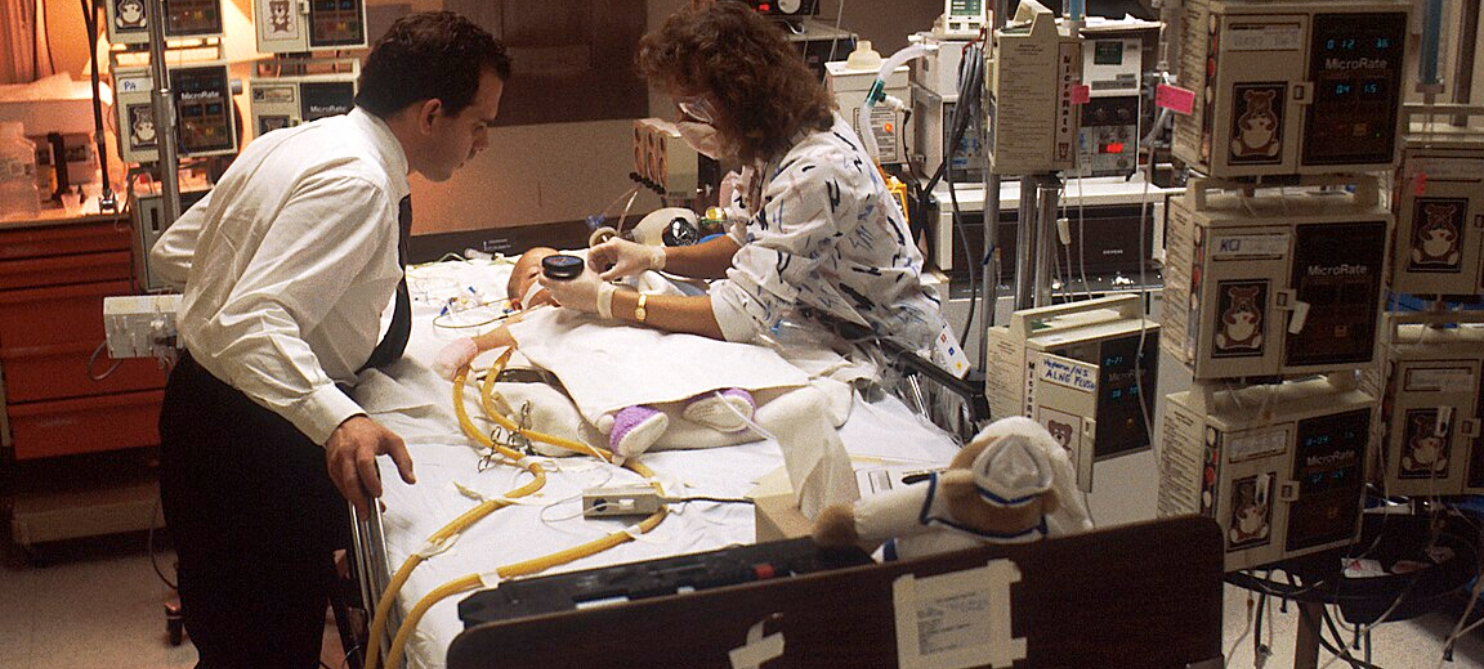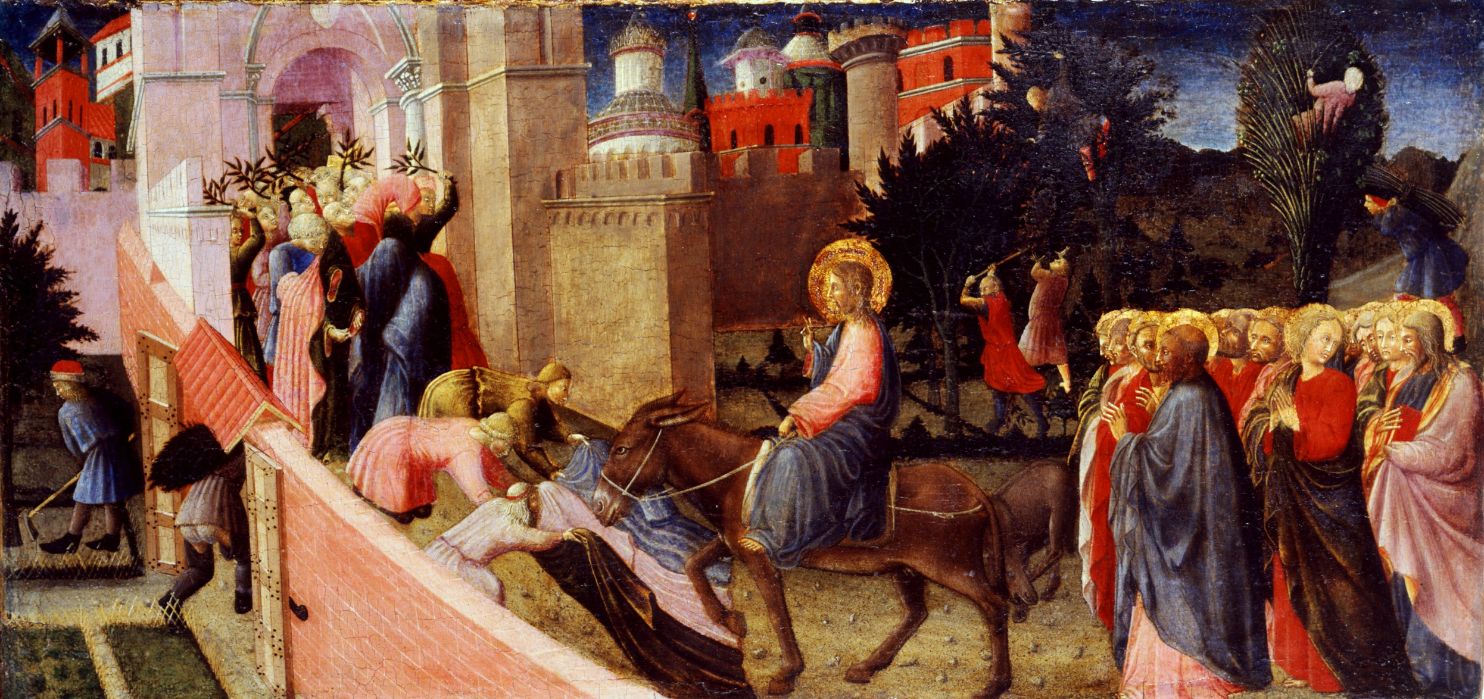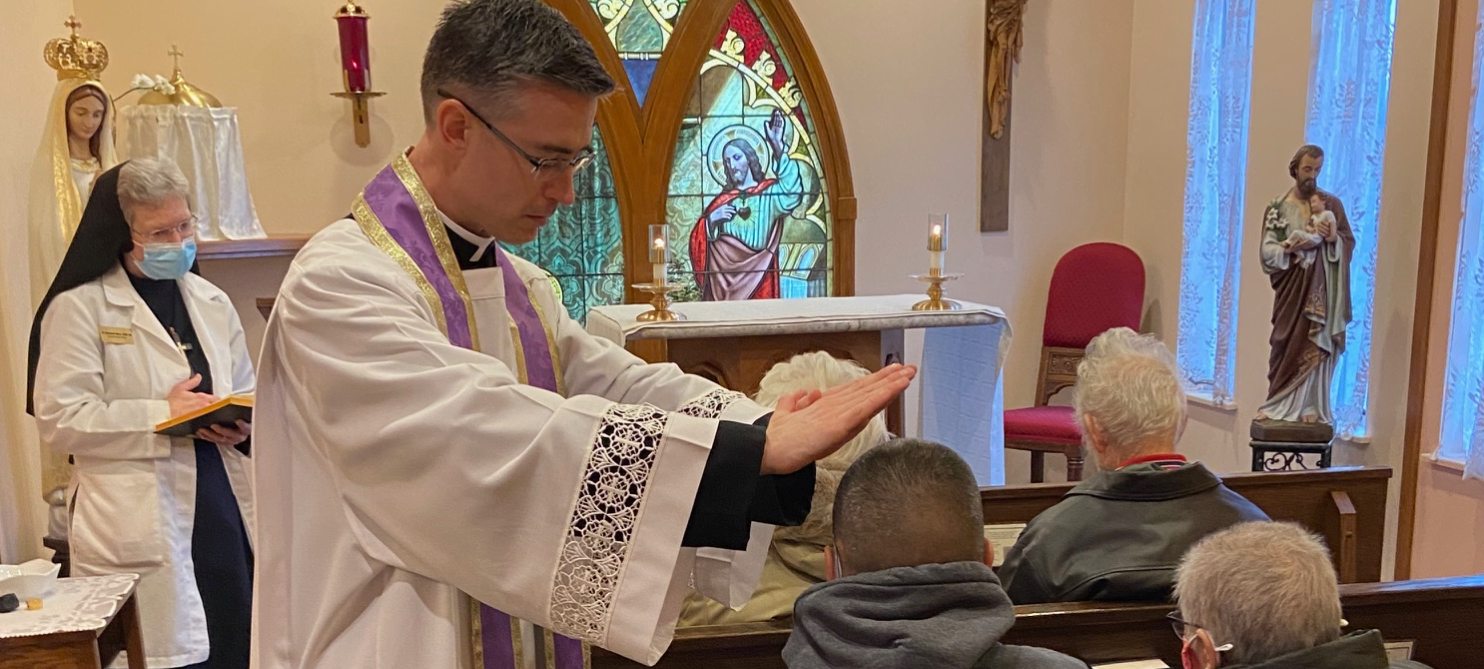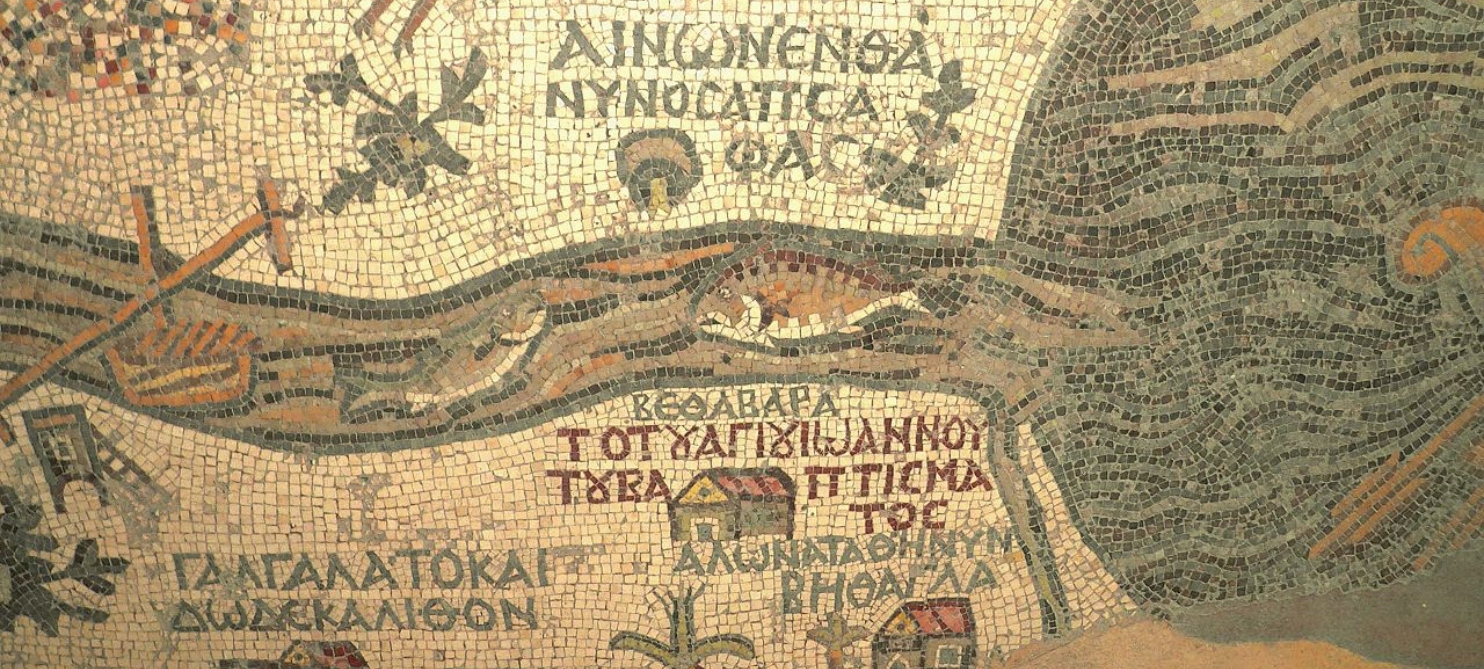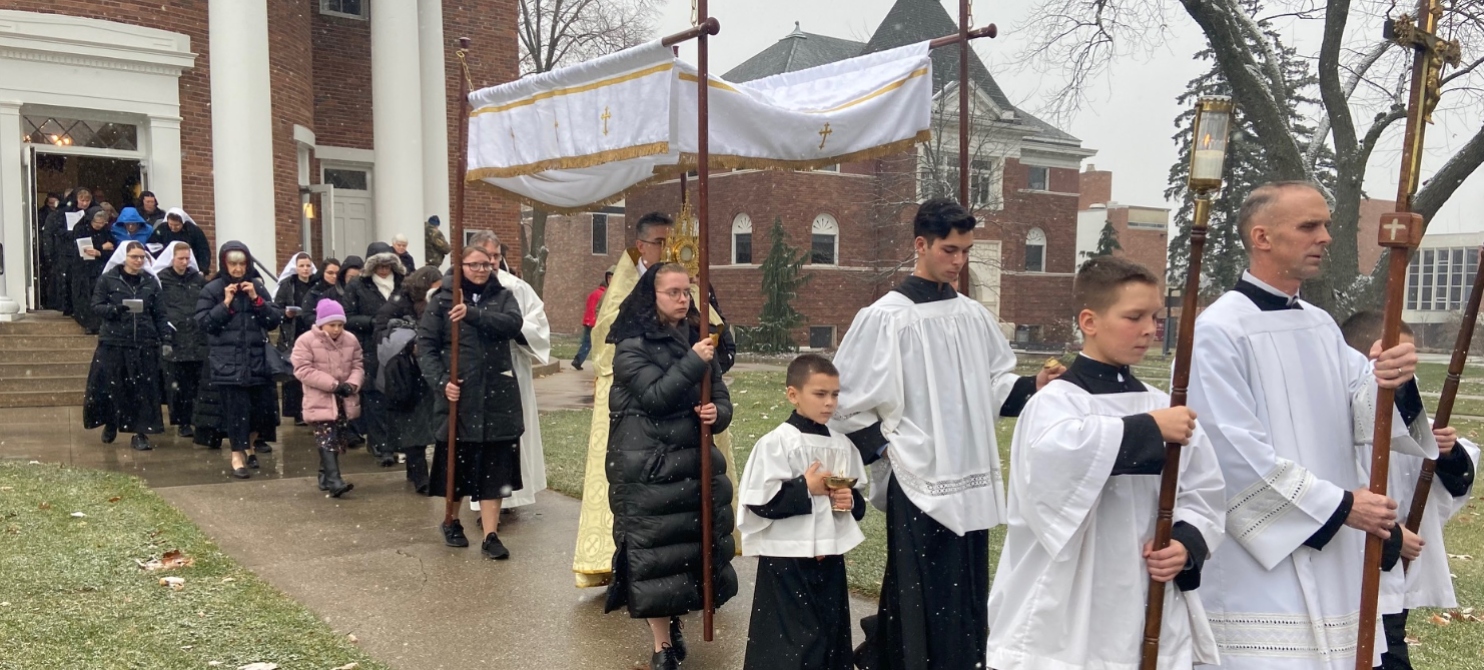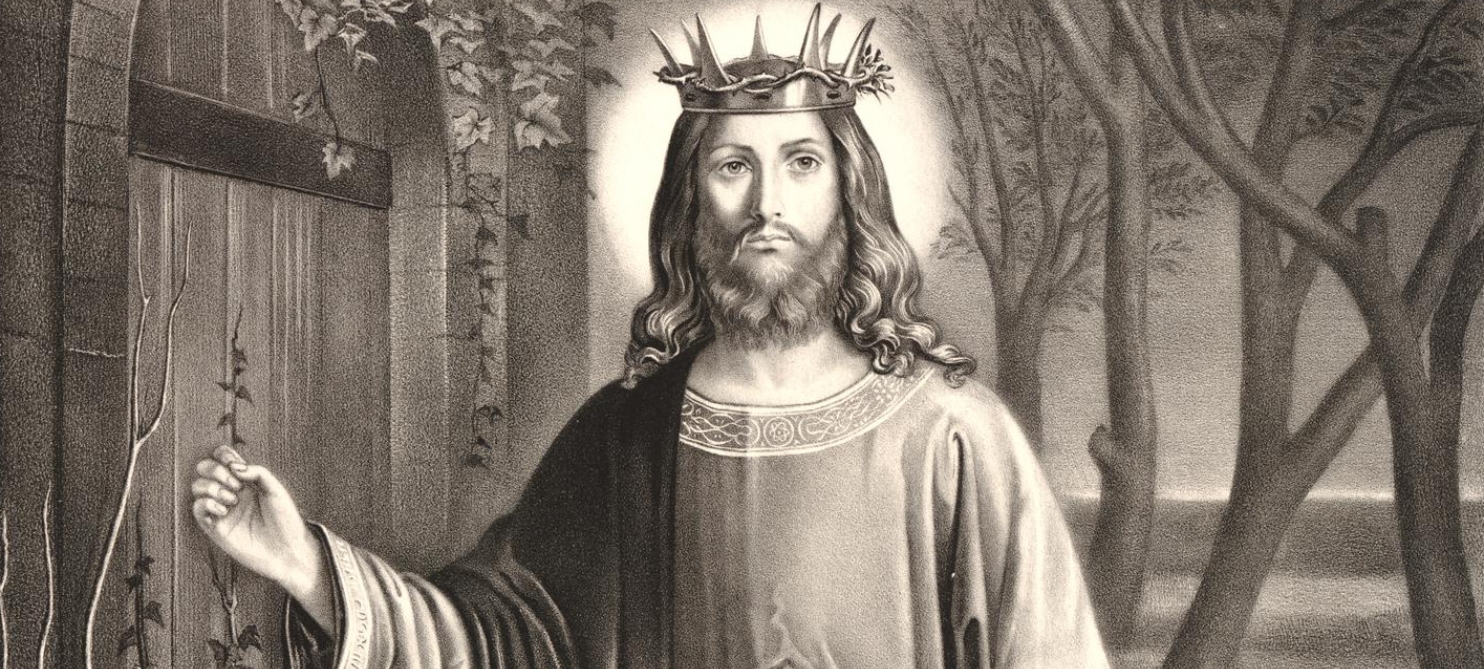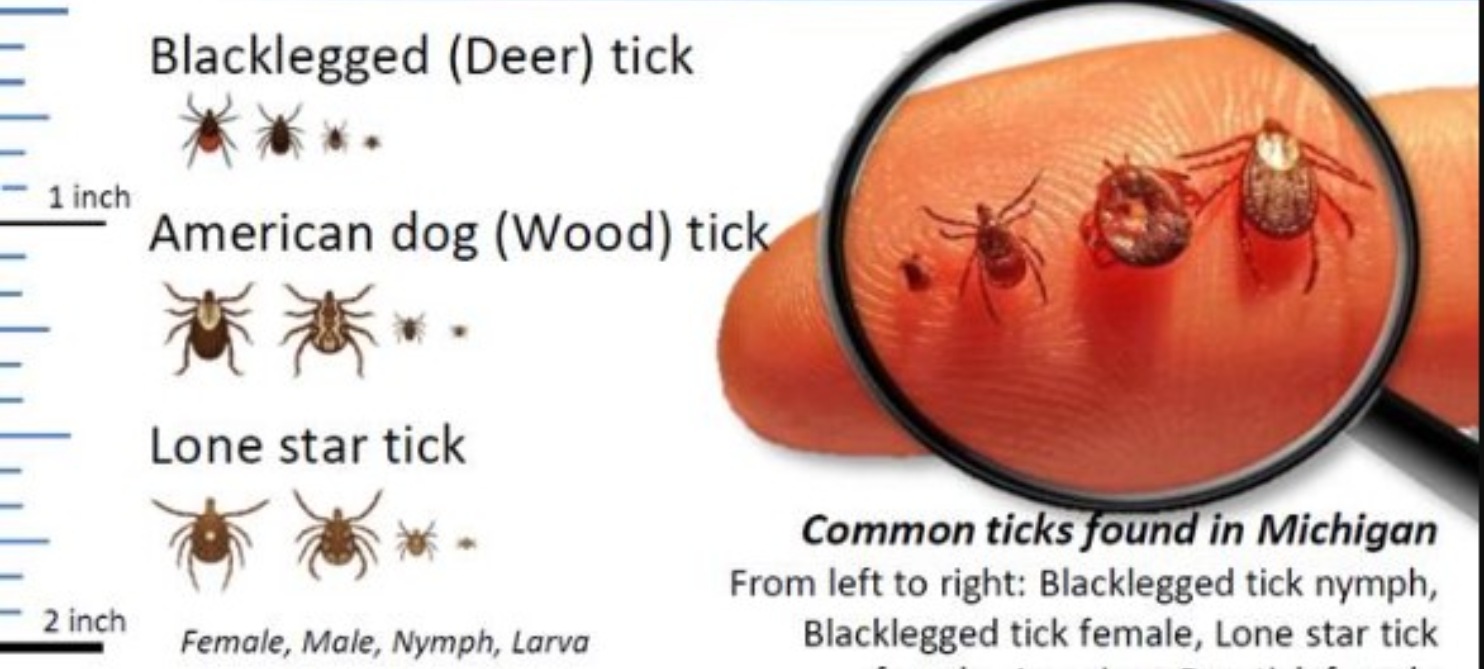At the beginning of 2021, we find ourselves amid a great pandemic from COVID-19. Thousands of persons from every country in the world have lost their lives or have become severely impaired and unable to carry on with the life they had known before their illness. They have lost jobs, homes, loved ones, and the ordinary means needed for the continuation of life. In one year, the face of every country on the earth has changed radically, leaving many persons staggering and in need of sustenance.
As Religious Sisters of Mercy, we recognize this situation of dire need and work together to provide for the needs of the grief-stricken world. Pope Francis said that “Only a gaze transformed by Charity can enable the dignity of others to be recognized…”[i] As Religious, we are not strangers to suffering and sorrow and death. In the very beginning of our Institute in Dublin, Ireland in 1832, only one year after the community was officially founded, there was a cholera epidemic that had spread throughout Europe and had eventually invaded Ireland and England. As Venerable Catherine was teaching her first class of Novices, a moment came when instruction in Mercy spirituality became instruction in caring for the sick, suffering and dying. The Sisters began to help care for these suffering people. She and her Sisters did this willingly and lovingly. The Novices remained at her side as they prepared many persons for death.
In 1918, less than 100 years later, the Spanish Flu pandemic swept across the globe, and Sisters of Mercy rose again to the occasion and cared for people who had little hope of surviving. The Sisters served at more than 100 nursing stations through the United States during that flu pandemic, and at least 13 Sisters lost their lives in the care of the sick and dying.
Today, Sisters of Mercy once again come to care for those vulnerable ones and for their families in the ongoing COVID-19 pandemic. True to their tradition of caring for the sick and their families, by providing health care, food and other means of sustenance for them, as well as spiritual and emotional support, Mercy Sisters respond to human need and suffering. What a great privilege to be one of those called to help those in need through the Works of Mercy initiated in this form almost 200 years ago in Ireland! Religious Sisters in each of our clinics have served day and night in caring for those suffering with COVID-19 and for their families. We depend on the intercession of Venerable Catherine McAuley and all those Sisters who have gone before us in serving those suffering through severe pandemics in former ages. As the Lord Jesus promised us, “Whatever you have done for the least of my brethren, you have done for Me.” (Matthew 25:40)
Read this section of the Positio Super Virtutibus of Venerable Mother Catherine McAuley, RSM about the Cholera epidemic of 1832:
In the spring of 1832 an outbreak of Asiatic Cholera, which for some time had been sweeping across Europe, reached Ireland. The first four cases were confirmed in Belfast on 18 March. Eleven days later the Dublin Evening Post reported that the plague had reached Dublin, claiming four fatalities from the first five victims. Existing social conditions enhanced the spread of the disease, medical services were inadequate and medical officers enjoyed little if any credibility. They were imputed with killing rather than curing their patients; even with burying them before they were actually dead. Within three weeks of the outbreak, cholera had already claimed 161 deaths. Panic was widespread, and in order to meet the emergency, the Board of Health, following recommendations from Dublin Castle on 12 April, urged that small hospitals be set up in every parish. Accordingly the Grangegorman Penitentiary in north Dublin was converted into a general hospital and was entrusted to Mother Mary Aikenhead and her Sisters of Charity. A depot in Townsend Street was similarly converted for south Dublin and was presented to Mother Catherine on 25 April. The request for Sisters came as Sister M. Elizabeth Harley, one of the three newly Professed, lay dying. ‘Putting aside her own personal sorrow, Catherine immediately wrote to the archbishop for permission to take up the work.’…
At the time of its opening the Townsend Street Depot was equipped for fifty patients but it had to be almost immediately enlarged. Mother Catherine streamlined her Mercy staff in order to provide a rota of Sisters for the depot. She arranged that relays of four Sisters would be relieved every three or four hours from eight in the morning till nine in the evening. She herself remained at the depot all day, ‘praying with the dying, inspiring them to sentiments of contrition for their sins, suggesting acts of resignation, faith, hope and confidence, and elevating their hearts to God by charity. Her dedication to the plague-stricken victims of the cholera so transcended human frailty that no fear of contagion deterred or detained her from their bedsides — even in face of an innate fear of death which she suffered since her mother had died in an agony of fear and remorse. In 1832 Mother Catherine moved through the fetid wards of the cholera depot with the equilibrium of one conscious of a mission to fulfil and with an energy commensurate with that equilibrium. She forbade burials until she had satisfied herself by personal investigation that life in each case was really extinct. This psychological service was an integral factor in helping to eliminate prevailing fears and misconceptions for which the state services had no remedy. Thanks to the concern of Mother Catherine and her companions, a docility came upon the sufferers which made treatment easier for the medical authorities, for the patients themselves and for the Walking Nuns, as the Sisters of Charity and Mercy were now affectionately termed.
Doctor Hart, chief physician in Townsend Street Depot, attributed the low death rate there (30%) as compared with the high percentage elsewhere to the ministrations of Mother Catherine and her Sisters. Praying Nuns they were. Kneeling Nuns they became since often too busy to rise, they moved from cot to cot for long intervals on their knees. Unfortunately, because of the many converts from among the 3,700 patients treated over a period of almost seven months, complaints of proselytism were lodged at Dublin Castle against them. All such reports were quashed on the testimony of Doctor Hart that the Sisters proved invaluable in the hospital where, among other services, ‘they kept eight nurses in constant presence—a thing not easy to do.’[ii]
Read the entire section of the Positio super Virtutibus:
Religious Sisters of Mercy in the Cholera epidemic 1832
[i] Pope, Francis. “ENCYCLICAL LETTER FRATELLI TUTTI OF THE HOLY FATHER FRANCIS ON FRATERNITY AND SOCIAL FRIENDSHIP.” The Vatican Website, October 3, 2020. http://www.vatican.va/content/francesco/en/encyclicals/documents/papa-francesco_20201003_enciclica-fratelli-tutti.html. Paragraph 187.
[ii] “Cholera 1832.” Essay. In Dublinen. Canonizationis Servae Dei Catharinae McAuley Fundatricis Congregationis Sororum a Misericordia († 1841): Positio Super Virtutibus, 140–41. Roma: Tipografia Guerra s.r.l., 1986.
Posted February 23, 2021





